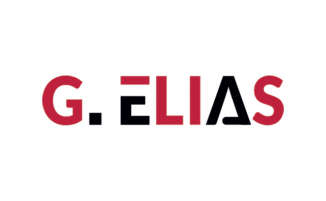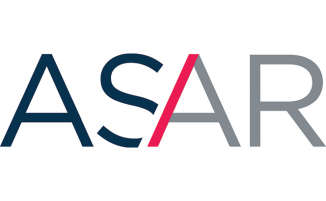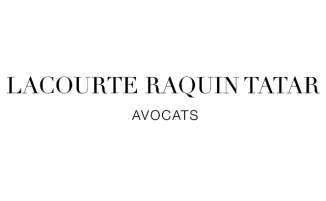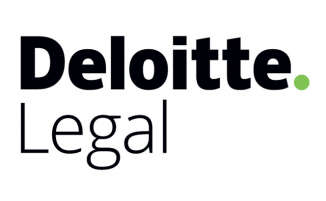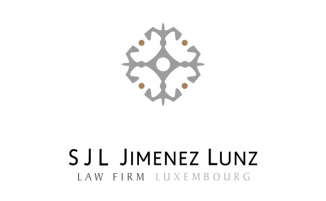The Legal 500 rankings contain a wealth of information on the top firms for banking and finance, from those advising on big-ticket acquisition finance and restructuring mandates to those with focused expertise in specialist areas such as Islamic finance and high yield bonds. Continue reading “Banking balances – which firms have the healthiest Legal 500 accounts?”
Sponsored Q&A: Walder Wyss Ltd.
1. What are the key regulatory requirements and compliance considerations for financial institutions operating in Switzerland?
Any entity active in or from Switzerland in the financial sector, depending upon the type of activity, may become subject to regulatory approval requirements. A large range of legal, prudential and self-regulatory provisions aim at securing appropriate client protection, as well as the stability and integrity of the Swiss financial market. The main regulatory requirements in this regard would be the license or authorisation requirements for: Continue reading “Sponsored Q&A: Walder Wyss Ltd.”
Sponsored Q&A: G. Elias
1. What are the key regulatory bodies overseeing the banking and finance industry in Nigeria, and what is their role in ensuring legal compliance?
In Nigeria, the primary regulatory and supervisory body for the banking and finance industry is the Central Bank of Nigeria (CBN). The CBN authorises, regulates, and supervises banks and other financial institutions (finance houses, merchant banks, financial technology companies, etc). Continue reading “Sponsored Q&A: G. Elias”
Banking and Finance perspectives: Jenny Stainsby
Why did you want to become a lawyer and what drew you to the financial services regulatory side?
As much as the law itself, it was the draw of international work that led me to the City and to Herbert Smith, as it was then. I had read languages at university and was excited about the prospect of working on high-profile international matters.
Continue reading “Banking and Finance perspectives: Jenny Stainsby”
Sponsored Q&A: Drew & Napier
1. Could you provide an overview of the licensing and registration requirements imposed by the Monetary Authority of Singapore for foreign financial institutions seeking to establish a presence in Singapore?
Foreign financial institutions looking to establish a presence in Singapore must consider a range of licensing and registration requirements based on their intended business activities. The Monetary Authority of Singapore (MAS) is the singular regulatory authority overseeing the financial services sector in Singapore, and regulates and supervises financial institutions and their operations in Singapore. Continue reading “Sponsored Q&A: Drew & Napier”
Sponsored Q&A: ASAR – Al Ruwayeh & Partners
1. What types of banking and finance law cases do you typically handle in Kuwait?
Typical cases include debt recovery, fraud and financial crimes, contractual disputes, dispute resolution, and banking regulations. Continue reading “Sponsored Q&A: ASAR – Al Ruwayeh & Partners”
Banking and Finance perspectives: Chris Kandel
I actually started practising law in California, way back in the dark ages. I moved over here for two years, and I’ve been here ever since. I never really intended to be a lawyer in London at all. My lifetime ambition was to be a criminal lawyer in Baltimore. My early career could be characterised as wanting to work at a big law firm in a big city before I would go back to a smaller city and a very different law practice. As you can see, all that planning never really turned out. I haven’t touched a criminal case in a very long time. Continue reading “Banking and Finance perspectives: Chris Kandel”
Sponsored Q&A: Lacourte Raquin Tatar
1. What are the key regulatory frameworks that govern the banking and finance sector in France?
The key regulatory frameworks that govern the banking and finance sector in France are: Continue reading “Sponsored Q&A: Lacourte Raquin Tatar”
Sponsored Q&A: Deloitte
1. What are the key regulatory requirements and compliance challenges that law firms operating in Uruguay’s banking and finance sector currently face?
Capital Markets Act No 18.627 enacts the framework for companies operating in the Uruguayan Capital Market (issuers, brokers, investment advisers, etc); Law No 15.322 regulates the same for banks and all relevant entities acting as financial intermediators; Law No 16.426 regulates insurance and reinsurance framework (as well as Law No 19.678 that sets certain terms and conditions that shall be stipulated in the insurance agreements/policies); Laws No 16.713 regulates the Pension Funds Administrators (law that has been recently modified by Law No 20.130, that modified the Uruguayan pension regime); Law 16.774 rules mutual funds; and Law 19.210 and 18.573 regulates the payment system. Continue reading “Sponsored Q&A: Deloitte”
Sponsored Q&A: SJL Jimenez Lunz
1. What are the key regulatory bodies and laws that govern the banking and finance industry in Luxembourg, and how do they impact financial institutions? Continue reading “Sponsored Q&A: SJL Jimenez Lunz”









